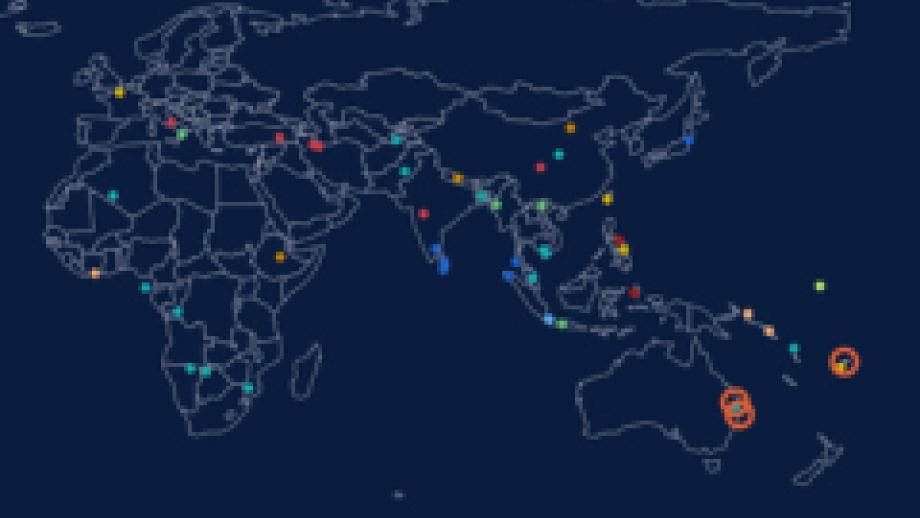Digitalisation and the welfare state – how First Nations people experienced digitalised social security under the cashless debit card
Presented by ANU College of Asia & the Pacific
This presentation examines the lived experiences of First Nations cashless debit card holders who experienced digitalisation of their social security payments.
Digitalisation of the welfare state has intensified in recent years, with burdens unevenly distributed between technology advocates and those receiving government income support. Putting in place processes where people needing social security must meet mandatory requirements of digital literacy and divert a significant amount of their small incomes to pay for expensive technologies such as computers, smartphones, and data plans comes at a cost.
This presentation examines lived experiences of First Nations Cashless Debit Card (CDC) holders who experienced digitalisation of their social security payments. Under the CDC, a range of restrictions were placed on purchases, spending social security income came with stigma, technology troubles meant that income was less secure, and Indigenous peoples’ autonomy was undermined. Intensive regulation of their clothing purchases and household goods led to adverse impacts for many cardholders.
Although the CDC has since been abolished, these issues remain relevant as a new cashless social security card, the SmartCard, has been introduced in 2023.
About the speaker
Dr Shelley Bielefeld’s research interests include welfare law and policy, inequality, poverty surveillance, Indigenous law and policy issues, racial discrimination, racial states, disability discrimination, governance and regulation, and human rights. Dr Bielefeld was the Inaugural Braithwaite Research Fellow at the School of Regulation and Global Governance at the Australian National University. Her recent research has been supported by an ARC DECRA: Regulation and Governance for Indigenous Welfare: Poverty Surveillance and its Alternatives (DE180100599) and an ARC Discovery Project: Conditional Welfare: A Comparative Case Study of Income Management Policies (DP180101252).
COVID protocols
The ANU strongly encourages you to keep a mask with you at all times (for use when COVID-19 safe behaviours are not practicable) and to be respectful of colleagues, students and visitors who may wish to continue to wear one. Please continue to practice good hygiene. If you are unwell, please stay home. The ACT government’s COVID Smart behaviours can be accessed here.
This seminar presentation is a dual-delivery event. Registration is only required for Zoom attendance; registration for in-person attendance is not required as neither the ANU nor ACT Health conduct contact tracing any longer.
If you require accessibility accommodations or a visitor Personal Emergency Evacuation Plan please email regnet.communications@anu.edu.au.
Image credit: Image of banner opposing the Cashless Welfare Debit Card at a 2021 ‘Demand a Living Wage for all’ rally in Melbourne, Victoria, by Matt Hrkac on flickr, free to use under CC BY 2.0 DEED licence.
Location
8 Fellows Rd, ANU Acton campus
ACT
Acton
2600
Speakers
- Shelley Bielefeld
Contact
- Julia Wee



